The Last Supper | Balsamic Beef Braise
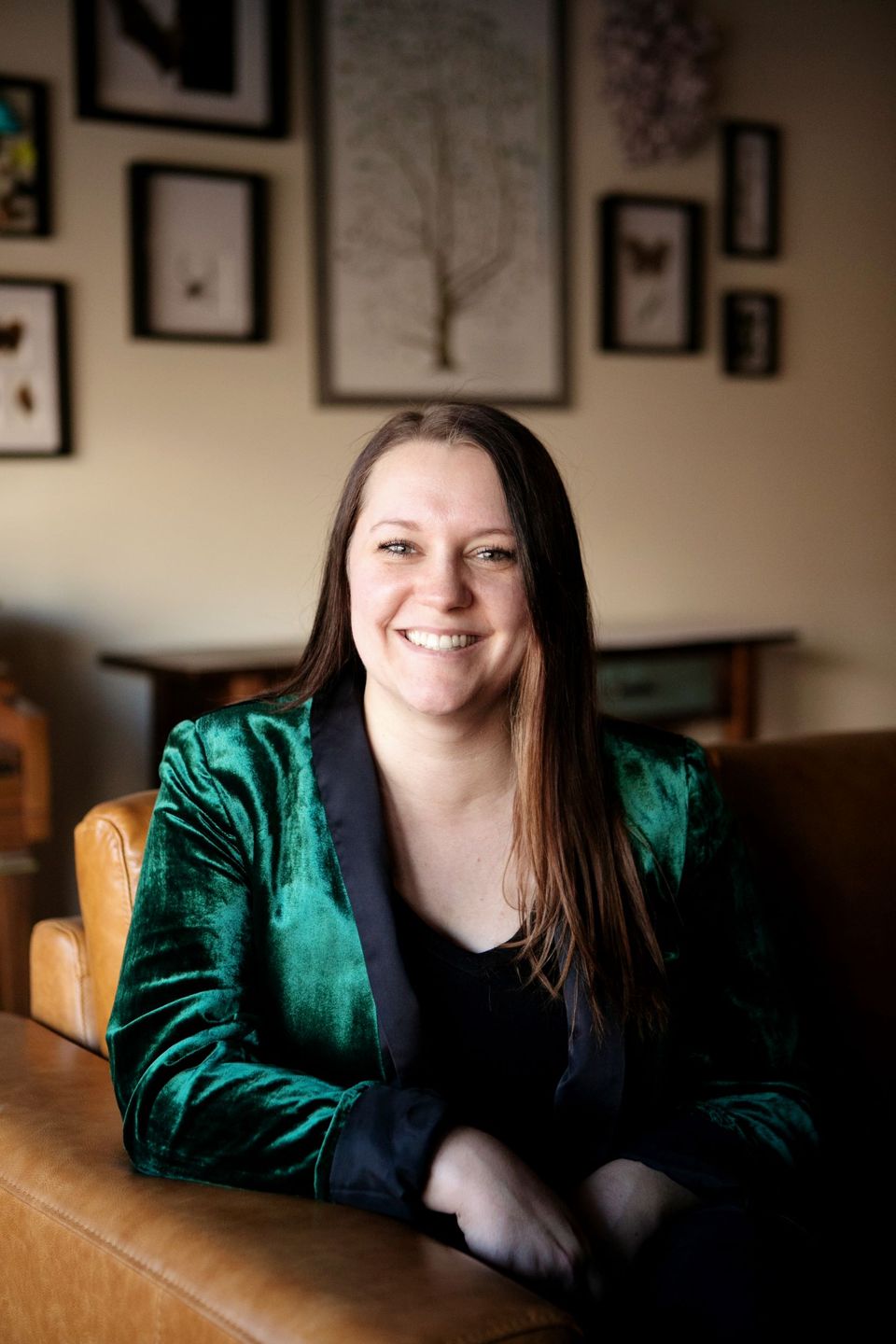
Katrina Carruth (she/her) is a mother, wife, and writer of spooky things. She currently lives in Maine and obsesses over D&D, books, tarot cards, and cooking. She has short stories published in Luna Station Quarterly and Cosmic Horror Monthly. Find her on Instagram @katrinacarruthauthor or BlueSky @katrinacarruth or her website: www.katrinacarruth.com
Eight years ago, at the tail-end of summer, my dad called me regarding an upcoming Sunday dinner. Instead of our usual crowd of grandkids and extended family, he asked for just a few select guests: me, my two sisters, and his brother. He instructed me to cook whatever I wanted and ended the call before I could instigate our usual menu brainstorming session.
The conversation consisted of few words, yet I felt overwhelmed with his unusual request. I found myself, as I often did when overwhelmed, perusing the grocery store, nonchalantly putting things into my cart until I could make sense of the dish I was unconsciously creating.
꘏
Growing up Mormon in Utah, I spent my childhood fighting not just the grip of the religion, but also its unwavering clutches on the abysmal church cookbook that was heeded as strictly as the Book of Mormon itself. Apparently, three-ingredient pasta salads and unseasoned casseroles were worth worshipping. I watched many poor souls get coerced into believing that beige food drowning in cream-of-something soup was somehow made flavorful with one, tiny can of mild green chiles—a courteous, “Don’t worry, it’s not spicy” often preceded the plating. If the food wasn’t beige, it was an aggressively vibrant red or green Jell-O—as if the unnatural color somehow made its contents appetizing.
At an age when kids were expected to enjoy these foods, I was never satisfied. Luckily, neither was my dad. We spent Saturday mornings watching PBS, devouring every word uttered by Julia Child, Daisy Martinez, Jacques Pépin, Rick Bayless, Lidia Bastianich, and Emeril Lagasse. I obsessed over food-focused travel shows to the point of creating a beloved alter ego, Gwen Allred, who clogged the mailbox of every travel brochure she could get shipped to the house. My dad would holler “Mail for Gwen!” as he came home from work, and we’d tear through them, making outlandish lists of everywhere we wanted to visit and all the foods we wanted to try.
To say I was desperate to experience something new and exciting would be a massive understatement.
꘏
With no pre-planned menu or detailed shopping list, I wandered the grocery store with nothing but a knot in my stomach. If my dad couldn’t help me, I’d let Julia Child.
I first thought of the carrots my uncle pulled from his garden for me earlier that week, and soon found a chuck roast, mushrooms, garlic, butter, rosemary, and a big bottle of peppercorns (as my dad would say, “There’s no such thing as too much pepper!”). The crisp, end-of-September Utah weather demanded something rich and hearty so, with Julia Child’s voice in my head, I grabbed a bottle of red wine.
꘏
By the time I was eleven years old, it occurred to me I was likely going to have to create new, exciting culinary experiences myself. I found a copy of Betty Crocker’s International Cookbook at a thrift store and dog-eared almost every page. My parents were kind enough to allow an occasional “splurge” depending on the recipe, and I taught myself to cook things like oxtails, lamb chops, artichokes, and fresh chiles.
My dad’s cancer diagnosis when I was thirteen triggered an urgency in our obsession with food, as if every meal might be his last. We’d sit inside fast-food restaurants and he’d explain how “this burger is special because it’s charbroiled” or “that burger is special because nobody else has that cheese.”
Even as a teenager, hanging out with my dad was more fun than hanging out with my friends, and I often opted to stay in on weekends to scour recipe sites and print more than we’d ever have time to make.
꘏
When I arrived at my parents’ home, my dad greeted me with oxygen tubes in his nose—something I was not prepared to process—so I hid in the kitchen. After spending hours at my mother’s stove, I plated the food and served my family to a charming melody of ooh’s and ahh’s.
The tender braised beef, mushrooms, and carrots swimming in wine, rich stock, and a blasphemous amount of garlic and butter—all greedily plopped atop a sinfully smooth parsnip puree—turned out to be the best meal I’d ever made.
I don’t know how long we gave our plates our undivided attention, but a knock at the door snapped us out of our food-induced hypnosis. A knock meant someone we didn’t know was at the door. A knock meant my dad had to holler “Come in!”, while it became clear he was the only one expecting company.
꘏
Seven years after his diagnosis, my father insisted the only cancer treatment he needed was a motorcycle, and shouted a peppy “I’m fine!” before six-hour rides without a helmet. I chose to believe him, and let my passion for cooking and traveling take me to New York. Several rude awakenings in a mere three months sent me, full of shame, back to Utah. After sulking and succumbing to my local community college’s culinary program, I asked my parents if I could take over the cooking for our sacred, weekly family dinners. They kindly agreed, and because my dad’s choice to not medically treat his cancer meant he never lost his ability to taste, I regularly accommodated their menu suggestions. Besides, even I missed my mom’s pot roast and mashed potatoes or my dad’s smoked brisket and apple turnovers.
꘏
Sitting at my mother’s dining room table, we froze with open mouths. A woman wearing medical scrubs barreled up the stairs of my parents’ split-level home—in a way that suggested she often barreled up the stairs of strangers’ homes—and introduced herself as a hospice nurse. My dad politely invited her to join us at the table and showed off his massive plate of food. His voice cracked a bit when he said it was the best thing he’d ever eaten. I heard her tell him he really shouldn’t be eating—because of the cauterized tumor in his stomach that he failed to tell us about—but he carried on as if he didn’t hear her.
The nurse proceeded to assess his condition, confirm his pre-paid cremation, and clarified the finality of his do-not-resuscitate order. We were quiet, nodded more in confusion than agreement, and processed the situation at different speeds, as if the stages of grief manifested in real time through each of us. She provided instructions to call when he was ready for morphine and left without eating anything.
The call for morphine was necessary within 24 hours, and three days later, my dad was dead. I didn’t want to say goodbye, but after three days of no sleep, no appetite, and the unbearable sound of his death rattle rumbling through the house, the silence when he let go was a bitter relief.
I assumed he’d live forever. Or, at the very least, not leave me fatherless at age twenty-five before we’d experienced getting on a plane together. I didn’t know what I was agreeing to when he called about dinner, didn’t know he was bleeding internally and likely enjoying the dinner in immense pain, didn’t know it would be the last meal I’d share with him. And after several years dreaming of faraway places and cuisines, I never imagined my most significant meal would be the one my consciousness desperately assembled on a whim—the most flavorful, decadent dish my father would ever get to taste.
One my family has grudgingly dubbed, “The Last Supper.”
Katrina’s Balsamic Beef Braise
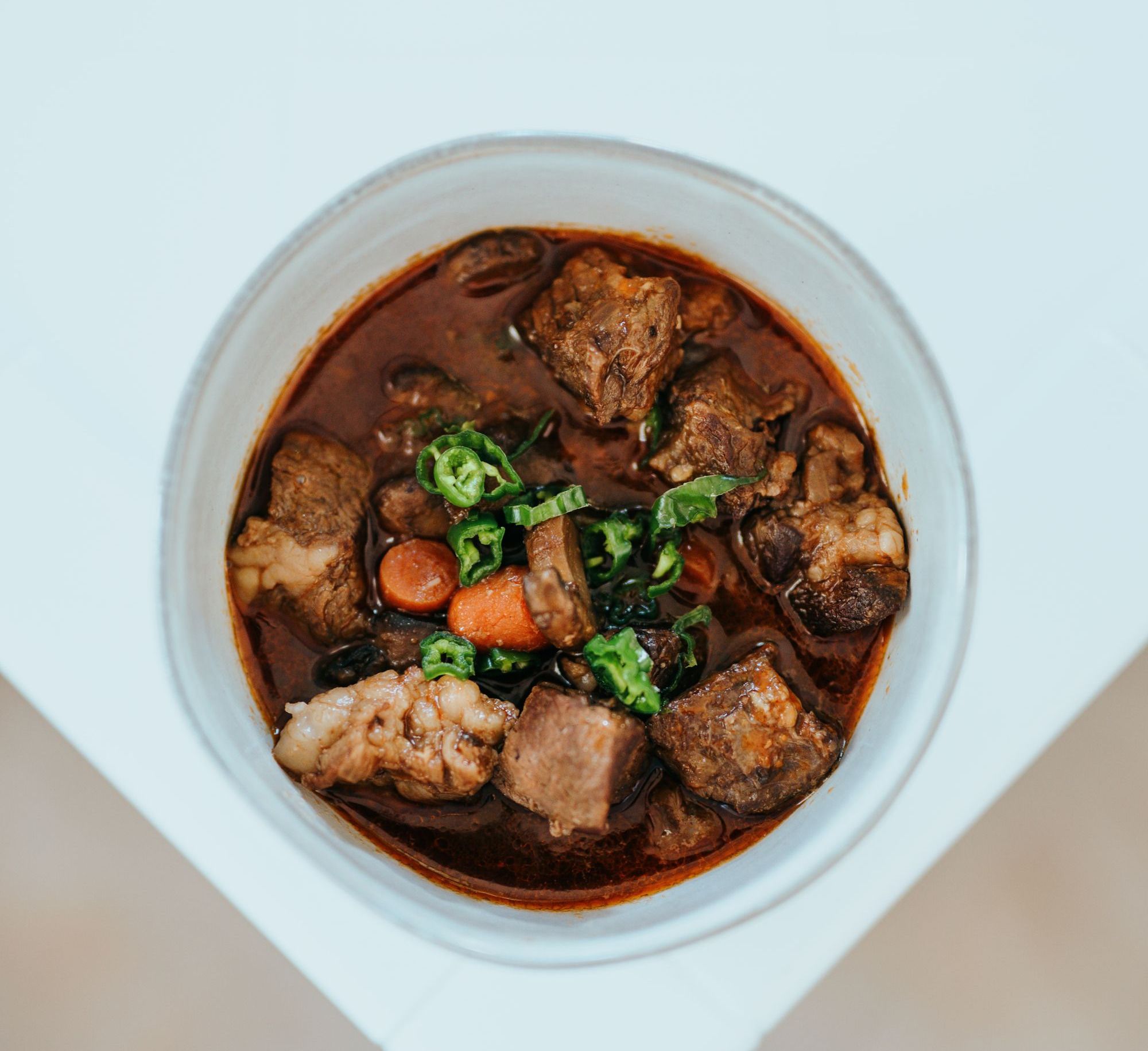
This recipe was created to comfort the shared grief experience and makes enough to serve about 8 generous portions of a flavorful meat and vegetable braise.
Get the Recipe: PDF, Google Doc
If you’d like to own the Personal Canons Cookbook ebook, which collects all these essays and recipes in easy-to-reference, clickable format—plus loads of bonus recipes from me!—join the Stone Soup Supper Club. The ebook is free for subscribers, who will get the download link in their inboxes in the first Supper Club email of 2024!
Remember: Care for yourself and the people around you. Believe that the world can be better than it is now. Never give up.
—Gailey

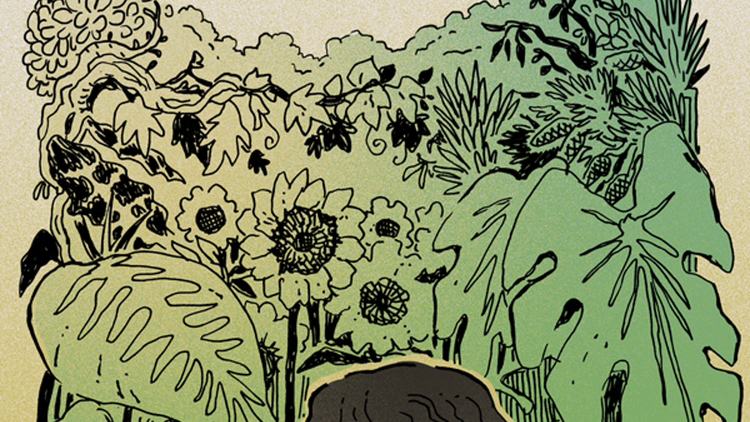
![Guest Host [sarah] Cavar](/content/images/size/w750/2025/03/COVER---Failure-to-Comply.jpg)

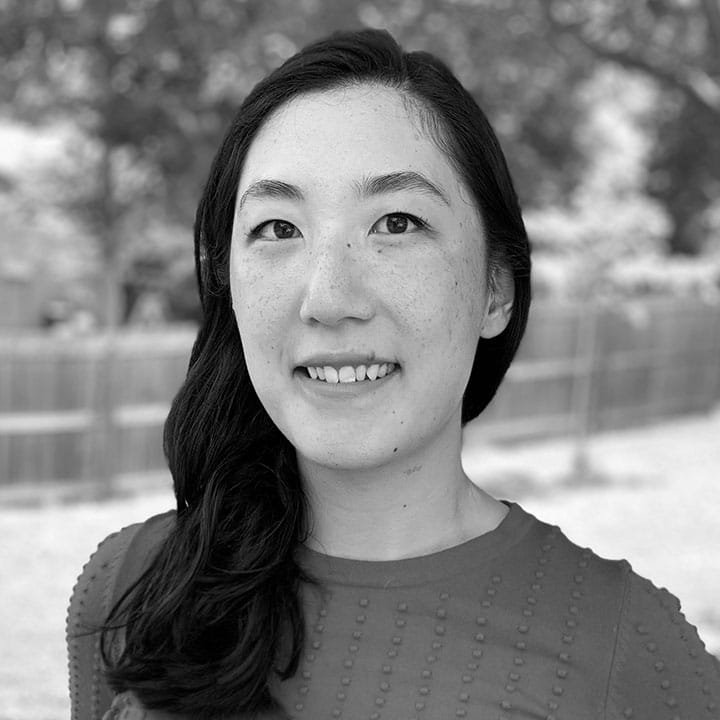
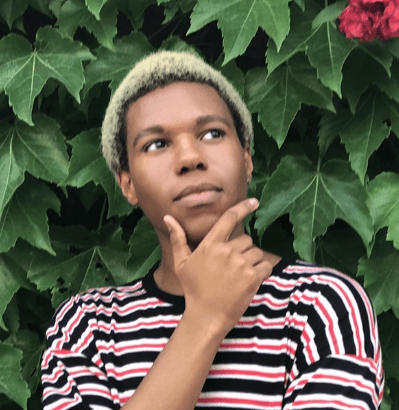
Member discussion